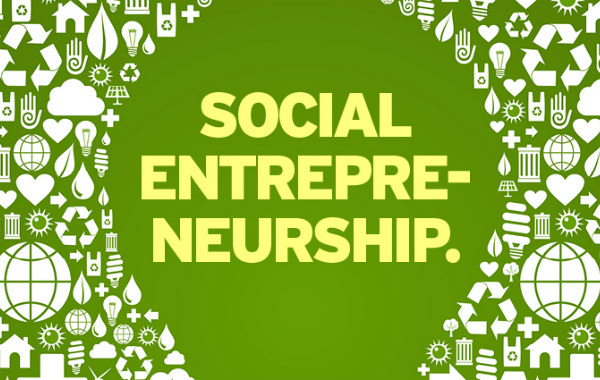
A conversation between Hormoz and Jane
J: Do you ever get people asking you about how to become an entrepreneur?
H: Yes, sometimes in coaching sessions people ask me that and ask how I did this. But I don’t actually spend much time thinking of myself as an ‘entrepreneur’ so I am not always sure how to reply. I think individuals can reach the point of developing a successful business idea via many different routes.
J: I agree and I suspect the most important thing about entrepreneurship is simply allowing in those creative ideas in the first place, rather than dismissing them because they can disrupt your sense of what your ‘job’ or career should look like.
H: I think that can be true. The ‘technical’ side of developing your own business, though important, is a lot less important in the end than having an original idea and feeling really motivated by it.
J: I agree. The idea has to be strong enough to lead the process.
H: That’s true. I have spoken to people who have some great concepts but they are so put off by the prospect of broaching new areas (e.g. choosing and creating the right legal entity and structure for the business) that they never go beyond the idea stage.
J: Do you think that fear of failure plays an important role in people not developing their business concepts?
H: Yes, it can. And fear is often a driving factor behind projects not progressing. Obviously the demands of everyday living, earning enough on a regular basis, is a key factor for most people. Not everyone has time to develop a new idea on the side.
How did you feel when you started to work for yourself?
J: I felt terrified and excited in equal measure really. It was a difficult prospect after 25 years of being employed and having a salary to say ‘Ok I need to pursue this idea and forgive myself if it is doesn’t work’. It really helped me that an older entrepreneur, Phil Friend, encouraged me. He also pointed out that starting a business in a recession (this was 2012) was the best test! I had mixed feeling about that I must admit – but he did turn out to be right.
H: Result CIC started in 2012 and things were slow at first. I think when you first start you need patience as you have to explore different ways of bringing in customers and business.
J: Yes, I agree with that. You have to hold your nerve and believe in what you are doing. I guess the other main thing – and the piece of advice I would give to someone considering this route – is make sure you understand and appreciate all your contacts and the potential they have to help you.
H: That’s vital and one final thing to say is that as well as being prepared to work hard, you should try to have fun running your own business. Why otherwise would you do it!
J: I agree!
P.S
If you are an entrepreneur who is disabled and requires support at work, you may be interested in Jacqueline Winstanley’s Call to Action about Access to Work for inclusive entrepreneurs. Jacqueline makes the case for Access to Work for entrepreneurs to be handled by the Business Innovation and Skills (BEIS) department rather than the Department of Work and Pensions.
Read more.